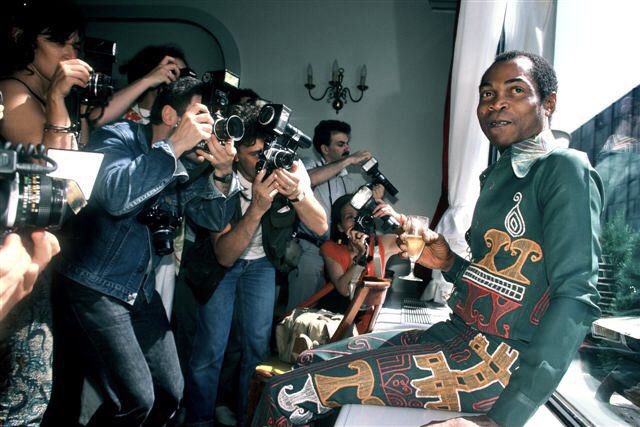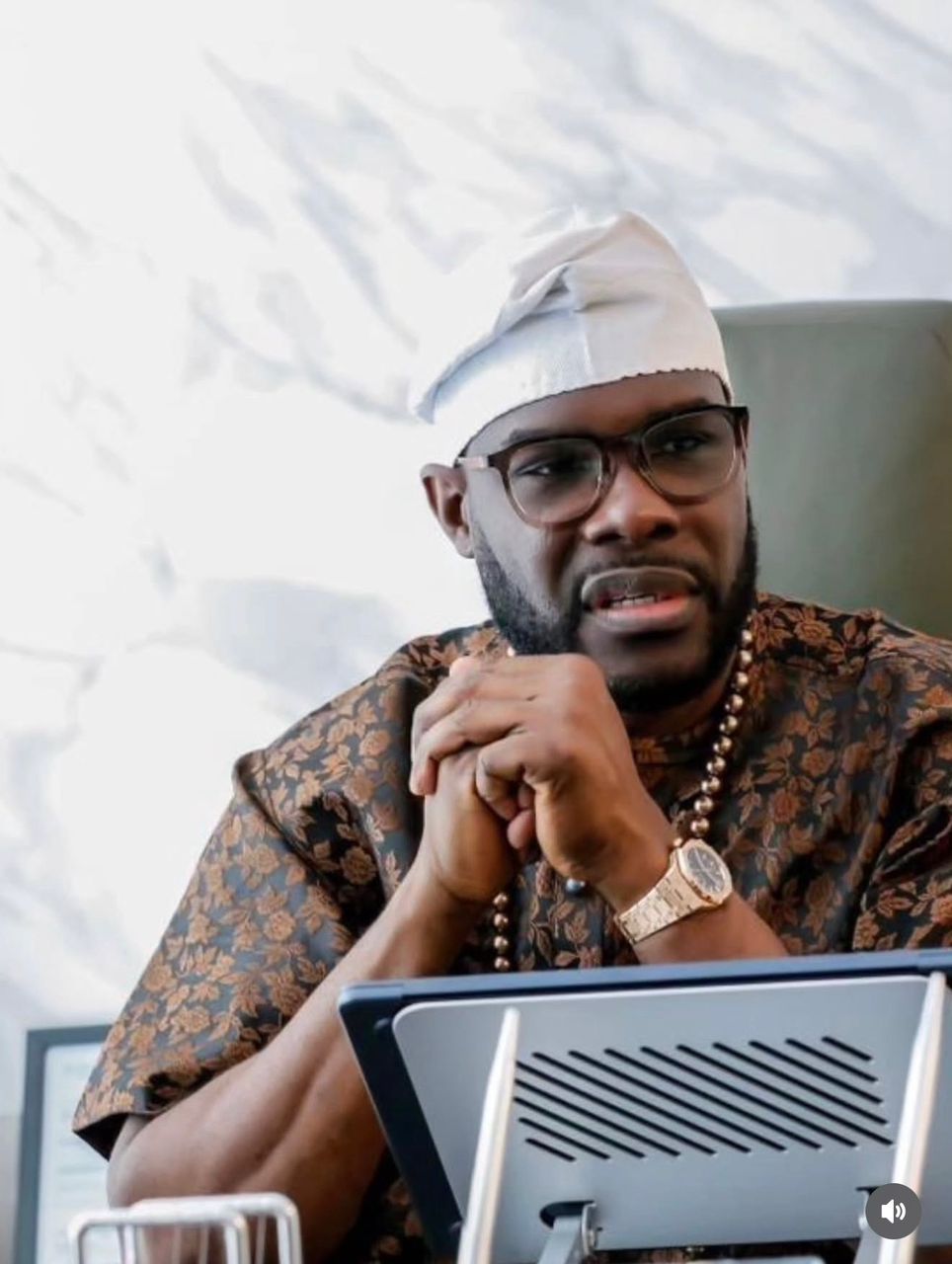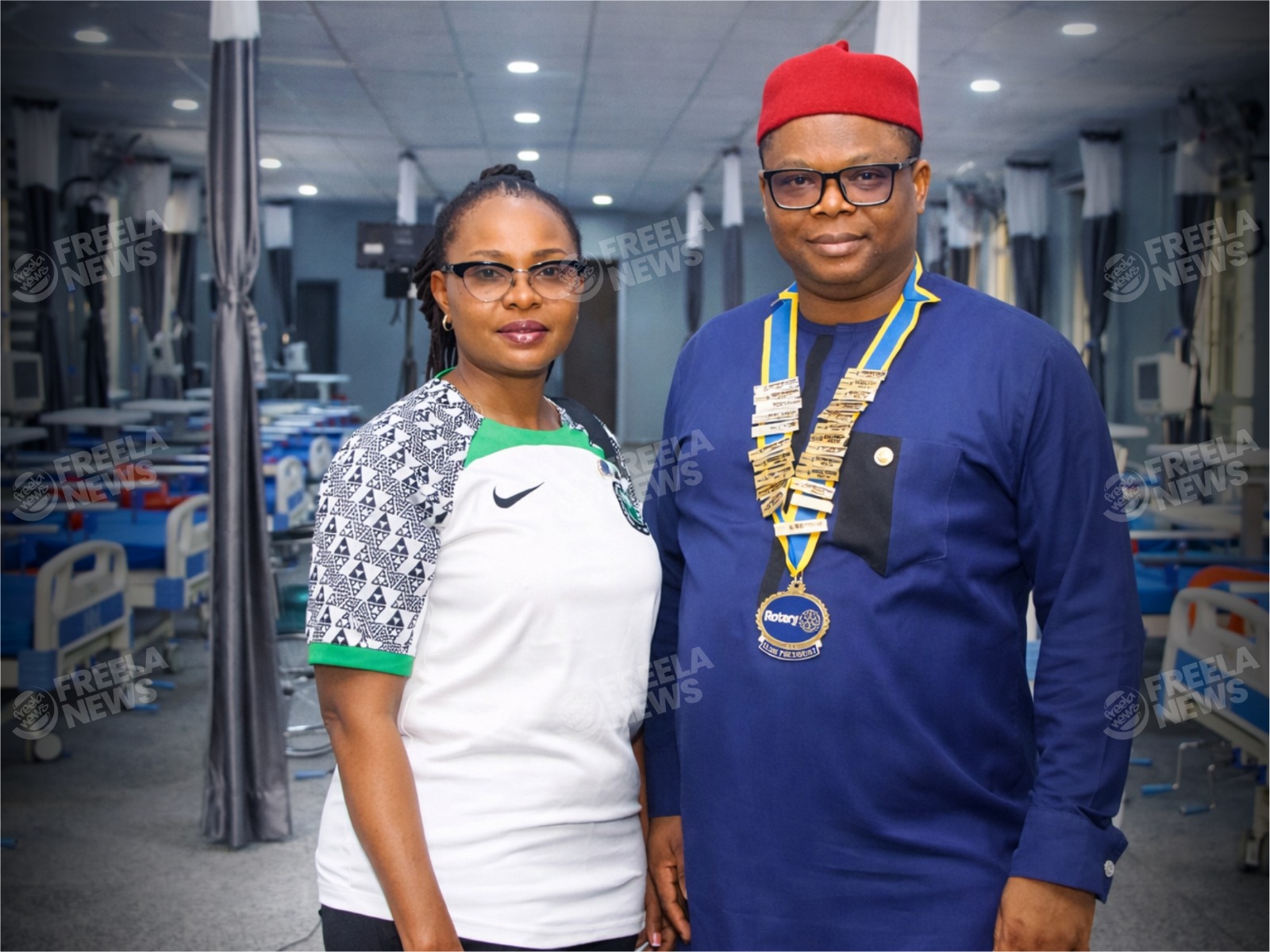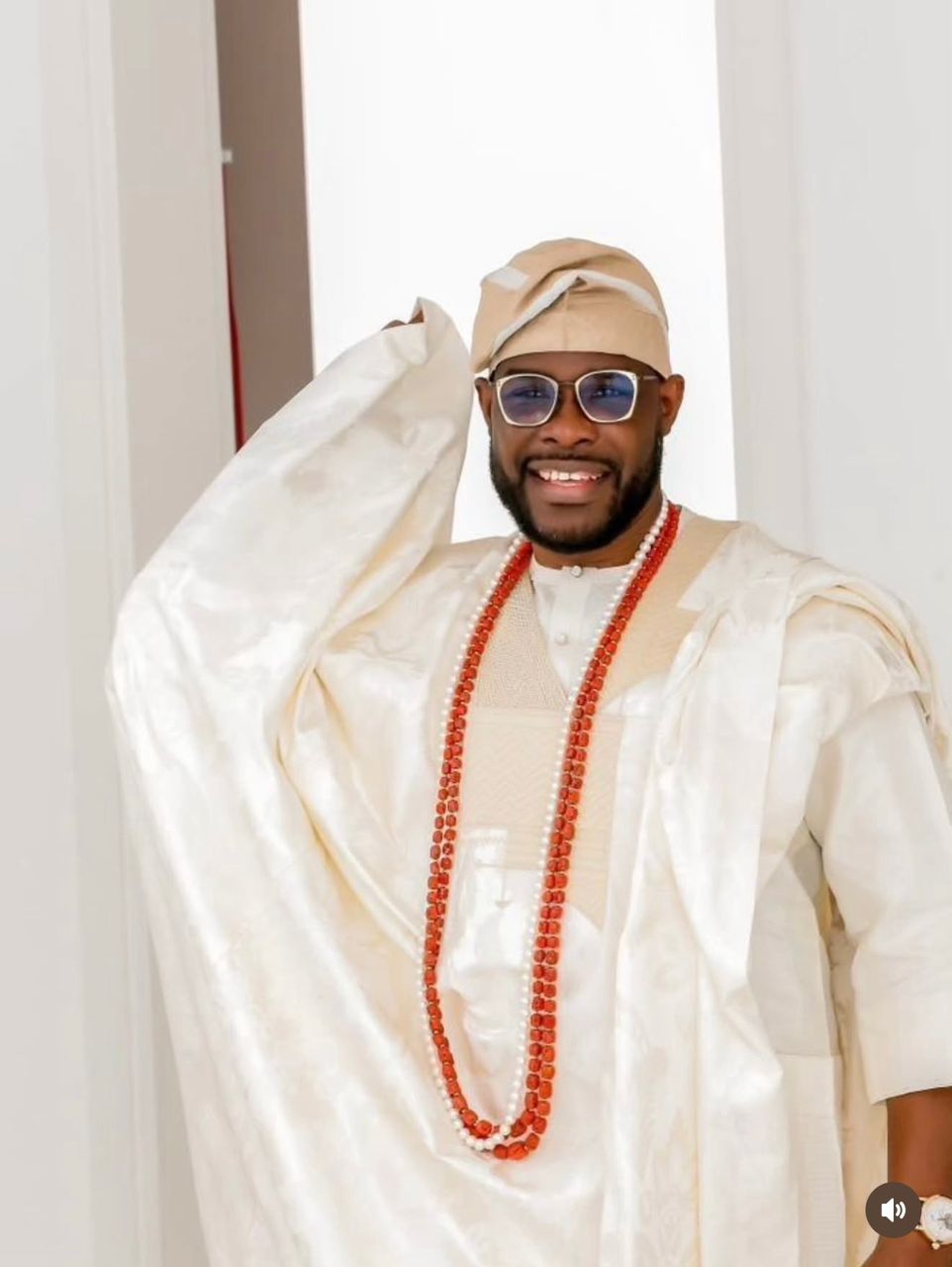Aminu Dantata: A Tribute
BY EMMANUEL EZE

“I pray Allah not to give me what would not benefit others…” Alhaji Aminu Dantata, reflecting on wealth and purpose. That wasn’t a quote. It was a covenant.
He said it once in an interview. Then spent 70 years proving it. He didn’t build wealth with politics. He built it with patience. No oil blocs. No backdoor licenses. No ministerial shortcuts.
He could have become a Senator or a kingmaker. Instead, he chose to become a custodian of Northern dignity.
And when others flew to London for cancer treatment, he stayed in Kano. He built a haemodialysis centre.
In a country where wealth often comes with sirens and bulletproof SUVs, Aminu Dantata walked quietly. Like a man who didn’t need the world’s applause because he had already heard God’s whisper.
Child of Camels, Keeper of Empires
Born in 1931, into a lineage of caravans and calabashes, donkeys, camels, cattle, he learned early how to see opportunity in the dust.
At 17, he was already representing the family in Bichi, mimicking his father’s caravan-trade wisdom: “I filled calabashes with water. The camel would drink, and you’d earn a penny per donkey.” That economy of dust and diligence became his MBA in commerce.
From that dust rose a man who mastered four eras: Colonial trade. Post-independence ambition. Oil wealth. Digital promise. All while anchoring his soul in Kano.
He Walked Between Empires
He was born into the British Empire. He lived through independence. He died in the age of Artificial Intelligence.
When he first joined his father’s business, Nigeria’s wealth was still being pulled by camels. Groundnut pyramids touched the Kano sky. Railways were the veins of the North. Lagos was still a colonial outpost. Oil had not yet soaked the nation’s soul. By the time he surrendered his breath to God in Abu Dhabi, his fingerprints were across logistics, banking, agriculture, Islamic finance, manufacturing, and in the souls of men he never met.
He didn’t build empires for applause. He built them to last. And that’s why they still breathe.
Business by Land. Legacy by Hand
In 1960, at just 29, he took the reins of Alhassan Dantata & Sons. A groundnut empire. A camel-born commodity house. He transformed it into a silent industrial machine. Serving as Managing Director.
He spearheaded landmark projects: a £500,000 contract for the Nigerian Defence Academy, building Zaria’s Aviation School, Managing Mercedes-Benz dealerships, Shipping terminals, oil services, and holding 23% of Jaiz Bank, serving 2.7 million Nigerians. This wasn’t flashy expansion. It was careful, diversified stewardship. Twelve sectors. Zero political entitlement. Zero scandal
From Produce Buyer to Quiet Titan
At 17, he entered the business as a produce buyer. By 29, he was reshaping Nigerian commerce before independence arrived. Over decades, he quietly migrated a commodity firm from colonial trade into a modern, multi-sector conglomerate: Oil. Construction. Finance. Real Estate. Agriculture. Global partnerships.
Every pivot was precise.
Every deal, earned.
When asked why he never sought political office, he replied simply: “As a businessman with huge responsibilities, I believed Allah had already chosen a career for me.”
His Business Model: Trust, Credit, Kinship
The Dantata model was built on patrimonial -credit networks. Decentralized credit lines. Kinship-driven trust.
Produce from Kano’s rural farms was aggregated through family agents, then sold to city markets. A system pioneered by Alhassan. Refined by Aminu. This network wasn’t just scale. It was resilience.
When European buyers bypassed Kano’s groundnut pyramids, Dantata’s firms stockpiled and created new demand. And the skyline of Northern Nigeria rose one pyramid at a time. Dantata’s firm became an institution where sustainability and spiritual duty coexisted.
The Dantata system thrived on networks of trust. Not bureaucracy. Not bribery. But Human Capital.
From rural farms to city markets, he activated his father’s secretive web of credit, kin, and scale. Today, Dantata Organization still runs on those founding virtues: Sustainability. Innovation. Trust. Integrity.
Philanthropy as Faith, Not PR
He didn’t cut ribbons. He cut cheques, with intention, not publicity. His generosity was intentional and discreet. He built the Alhassan Dantata Haemodialysis Centre at Aminu Kano Hospital with no fanfare. Donated ₦300 million to Kano University of Technology. Gave ₦1 billion to Katsina Islamic University. Contributed ₦500 million to Abuja National Mosque. Sent ₦1.5 billion in flood relief to Maiduguri in 2024, without a press release. Even President Buhari called him “a source of hope and inspiration.”
Dialogue with Dignity
He met kings and presidents, but moved like a steward, not a star.
In the 1960s, he toured the continents, learning trade firsthand. He once sat before King George V, via his father.
One often-recounted story: During a 2021 reconciliation between Aliko Dangote and BUA’s Abdussamad Rabi’u, while Ganduje watched, Dantata quietly mediated: “Commercial rivals are not mortal enemies. Our duty as elders is to preserve relationships.”
And when politicians visited to push for a parliamentary system, he warned them plainly: “Be wary of personal interest, or you’ll kill the spirit of mission.”
A Faith Without Flash
Twenty-three times he walked the sands of Hajj. No selfies. No fanfare. Just devotion.
When asked about the Saudi system, he smiled: “They’d hold our passports… so we spend more, and they profit.”
It was a joke. But it carried the weight of prophecy.
In 2022, a journalist asked: “Sir, they call you Kano’s Sultan of Commerce?” He shook his head. “No. I’m just a steward of what my father trusted me with.”
The Man With No Scandals
No EFCC.
No exposés.
No offshore leaks.
Just one long life, lived under the fierce accountability of faith.
From refusing government titles and moving money through decentralized networks, to funding pilgrimages for others across decades, he embodied Islam’s quiet alms.
A child of his father’s caravan dynasty, he became a modern industrial architect. An empire builder motivated as much by scripture as by profit.
A statesman unsent. A billionaire unbranded. A mentor without the spotlight. As he aged, he often held long lunches with his staff, not to show power, but to ask questions.
“Who needs help? Allah gave wealth to those who serve others.”
On his 90th birthday, he told Daily Trust: “If you assess the products of our universities today…Most have the knowledge but not virtues.”
His solution?
Merge Islamic and Western education to combat moral decay.
Resting in Madinah → Rising in Legacy
He passed on June 28, 2025, in Abu Dhabi. And as he requested twenty years ago, was buried in Madinah.
He didn’t live for headlines.
He lived for hearts.
And now, today…
every dialysis center,
every reconciled business rival,
every northern classroom,
every reformed politician, echoes his creed: Wealth is not a possession. It is a trust. And integrity is the only currency that never devalues.
Rest well, Baba Aminu.
You showed us: That business can be prayer. That networks are built not with contracts, but with character. That legacy is not what you leave behind, but who you lift while alive.
Allah ya jikan Sarkin Kasuwa.
May the guardian of Northern Nigeria’s conscience resound through generations.
🕊️ 30 June 2025
Emmanuel Eze













